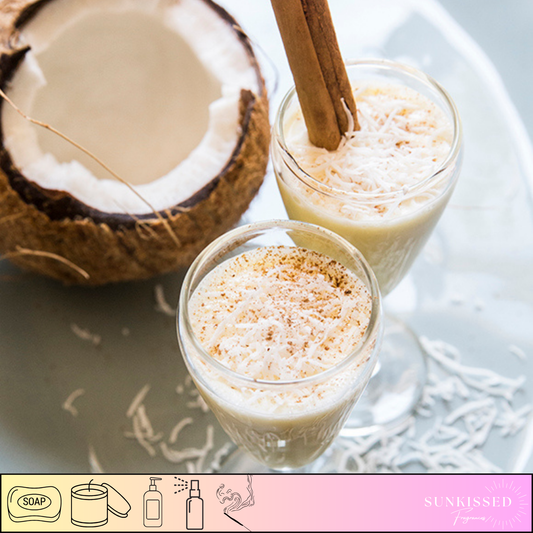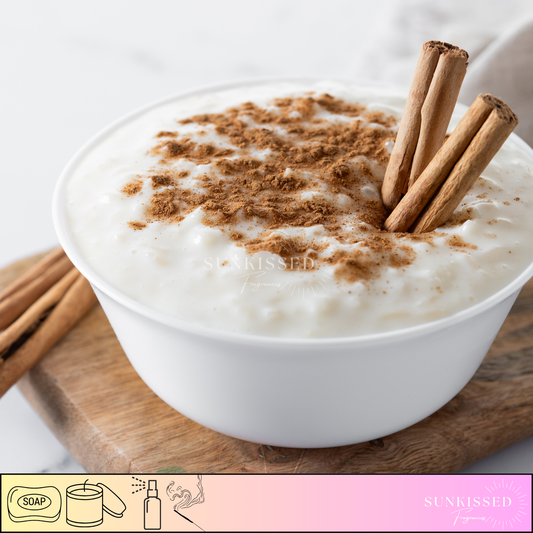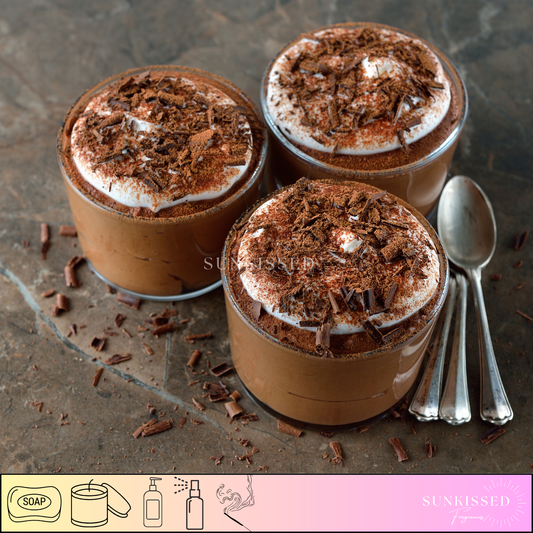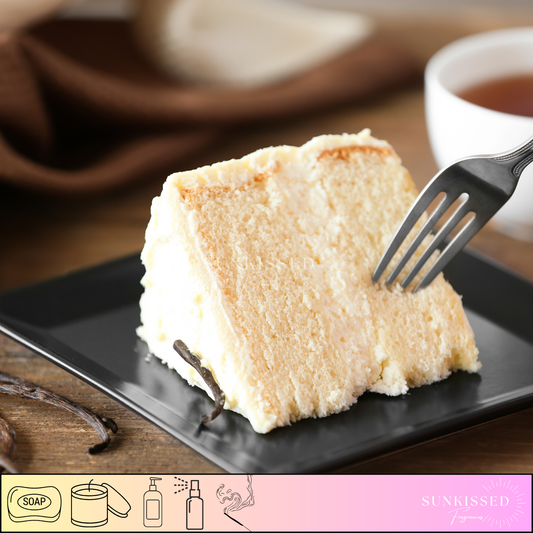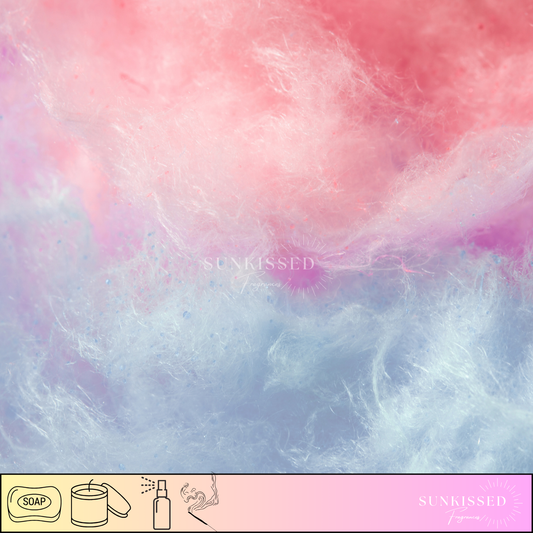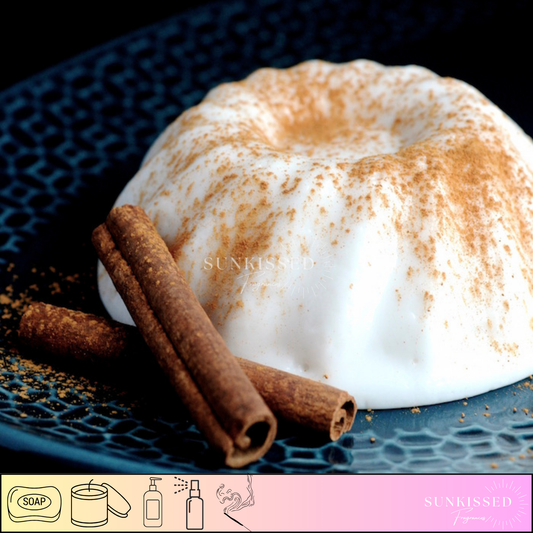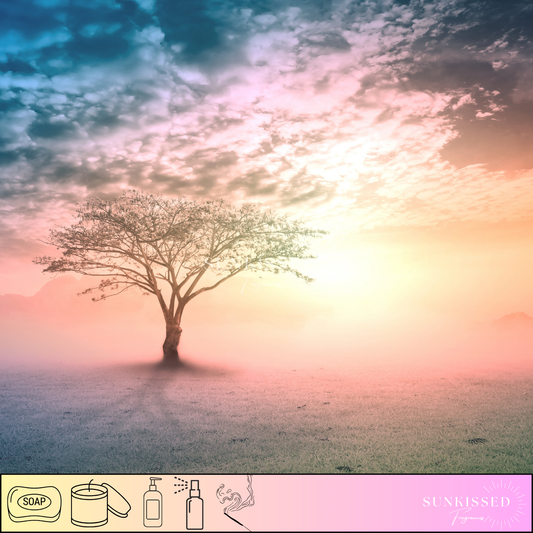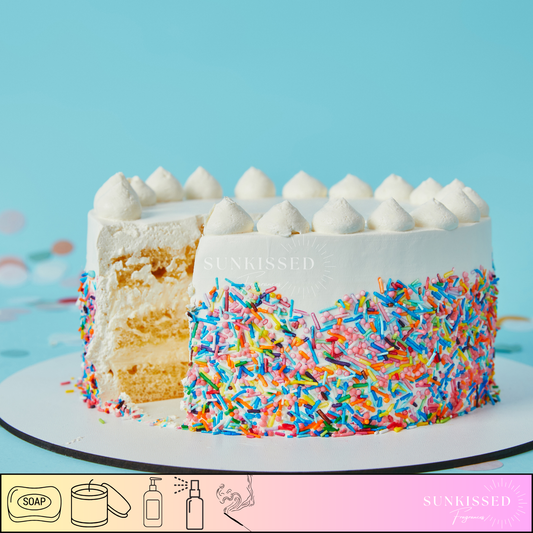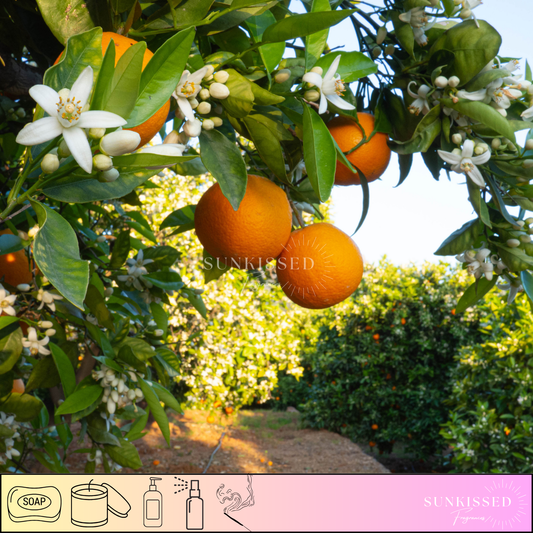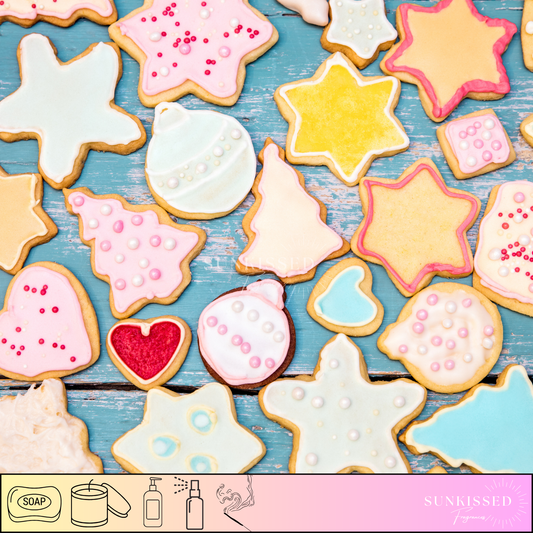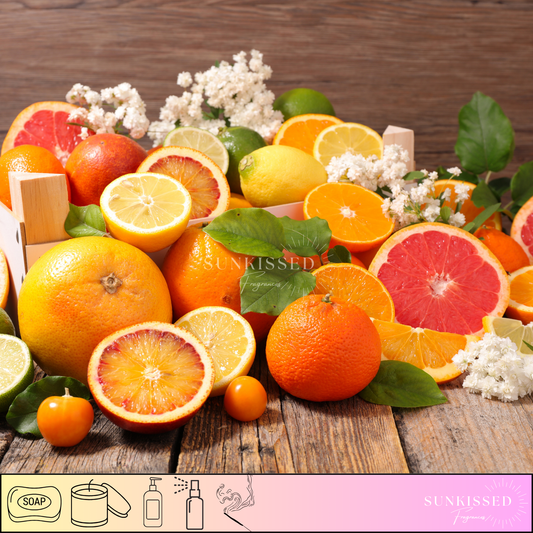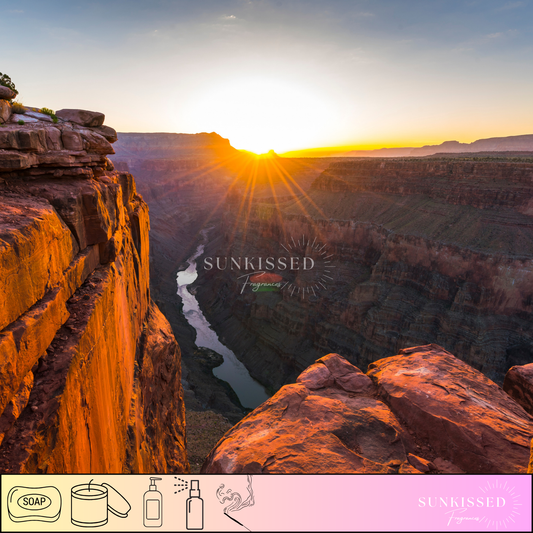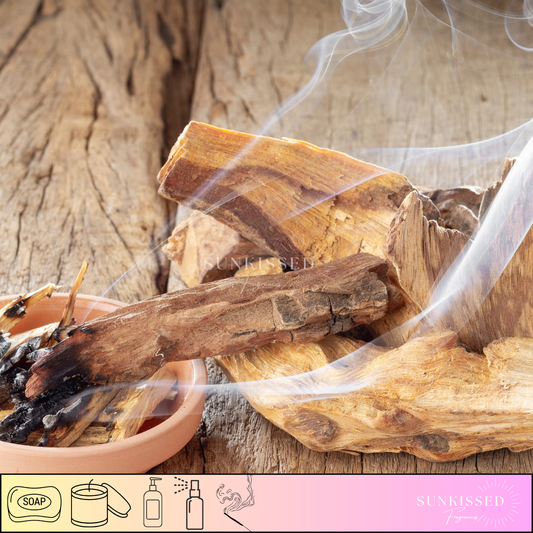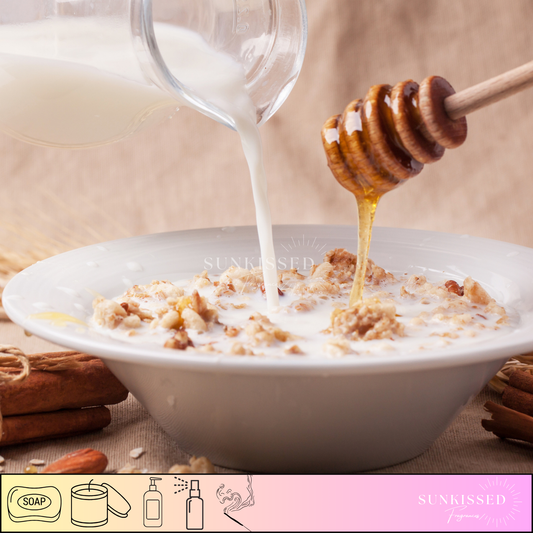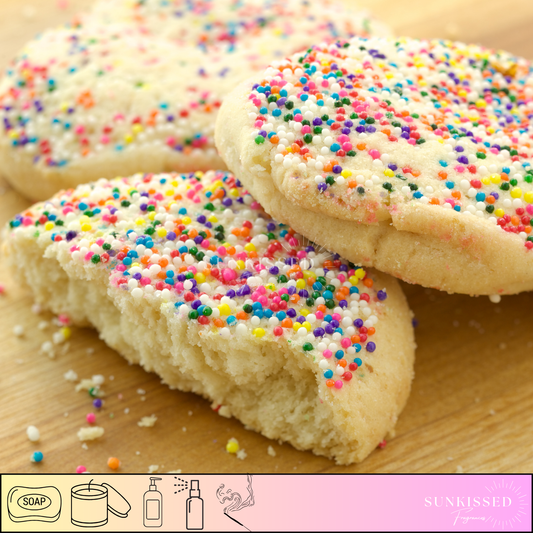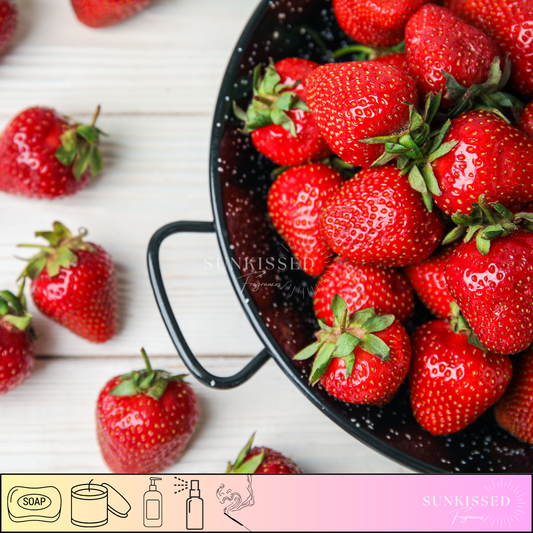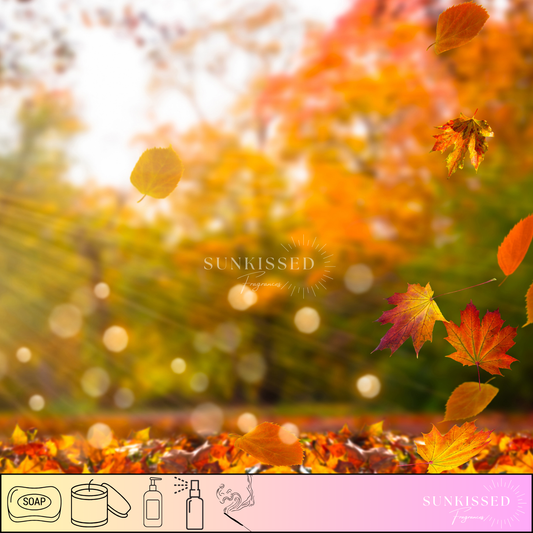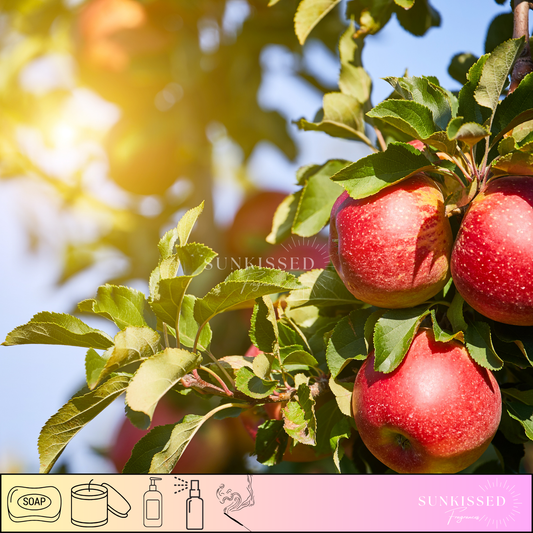
🛒 Using FAQ Pages to Reduce Customer Confusion
🛒 Using FAQ Pages to Reduce Customer Confusion
Estimated Read Time: 10–12 minutes
When customers have questions and can’t find the answers, they hesitate. They leave your site. They abandon their cart. And in many cases—they never come back.
That’s why a strong, thoughtfully written FAQ (Frequently Asked Questions) page isn’t just helpful—it’s essential. It gives your shoppers confidence, reduces pre-purchase anxiety, and saves you time answering the same questions over and over.
Whether you sell candles, body care, fragrance oils, or any other handmade product, your FAQ page is a quiet but powerful tool that builds trust and boosts conversion.
In this post, we’ll break down:
- Why every handmade business needs an FAQ page
- What to include (and what not to)
- Examples of effective FAQs for product-based brands
- How to organize your content
- Where to link it for the biggest impact
- Real-world benefits of doing it right
💡 Why FAQ Pages Matter More Than You Think
The modern shopper is smart, impatient, and distracted. If they can’t find the info they need within seconds, they’ll often move on.
A clear, helpful FAQ page can:
- Reduce customer support inquiries
- Increase conversion rates
- Address objections before they form
- Build credibility and trust
- Save time for both the buyer and the business owner
According to Shopify, a well-placed FAQ can increase conversions by as much as 30%, especially when it addresses shipping, returns, and product suitability clearly.
🤔 What Belongs on an FAQ Page?
Your FAQ should answer the questions that customers are actually asking. If you've received the same inquiry more than once—put it on your FAQ.
1. Product-Specific Questions
- What’s the difference between your body butter and lotion?
- How strong are your fragrance oils?
- Can I use these oils in wax melts or soap?
2. Shipping & Processing
- How long does it take to ship?
- Do you offer free shipping?
- Do you ship internationally?
3. Returns & Refunds
- What’s your return policy?
- What if my product arrives damaged?
- Can I exchange scents or sizes?
4. Order Questions
- I forgot to apply a discount code—what can I do?
- Can I update my shipping address after placing an order?
- How can I track my package?
5. Usage & Safety
- Are your products safe for sensitive skin?
- How should I store my candle or oil?
- Are your products vegan or cruelty-free?
6. General Business Info
- Do you offer wholesale or custom orders?
- How can I contact you?
- Where are you located?
✍️ How to Write Clear, Helpful FAQ Answers
Keep it simple. Your answers should be easy to read, concise, and in your brand’s voice.
Tips:
- Use short paragraphs or bullet points
- Avoid overly technical language
- Link to other relevant pages (like product usage or returns)
- Update regularly as new questions arise
- Be kind—even if the question seems obvious
Tone Tip: If your brand voice is warm and friendly, let that show.
❌ “Orders take 3–5 business days to ship.”
✅ “We carefully pack and ship all orders within 3–5 business days—often sooner!”
🧼 Example FAQ for a Handmade Product Business
What’s the best way to use your fragrance oils?
Our fragrance oils are super versatile! You can use them in wax melts, candles, room sprays, soaps, and more. Just make sure to follow recommended usage rates for your specific application.
Are your products safe for sensitive skin?
Many of our body care items are formulated with gentle ingredients, but we always recommend doing a patch test first—especially if you're prone to sensitivities.
How long will my candle burn?
Our 8 oz soy candles burn for approximately 40–50 hours with proper wick trimming and care.
When will my order ship?
We ship within 1–3 business days. You'll get a tracking number as soon as it's on the way!
Do you offer returns or exchanges?
Due to the nature of handmade and personal care products, we don’t accept returns—but if something arrives damaged, we’ll absolutely make it right. Just email us within 3 days of delivery.
🧭 How to Organize Your FAQ Page
A wall of text can be overwhelming. Organize your FAQs into clear, clickable categories or use an accordion-style layout.
Example structure:
- Products
- Shipping
- Returns
- Orders
- Ingredients & Safety
- Contact & Wholesale
Use bold headers or dropdown toggles to make browsing easy—especially on mobile.
📍 Where to Link Your FAQ Page
A good FAQ doesn’t help if no one sees it. Make sure it’s visible in places where people might need reassurance.
Add your FAQ to:
- Your website header or footer menu
- Product pages (link: “Have questions? See our FAQ”)
- Cart page (reminder about shipping or return policy)
- Welcome and confirmation emails
- Link in bio (for Instagram or TikTok)
- Chatbots or popups
Bonus: You can also pin an FAQ highlight on your Instagram!
📈 Benefits of an Effective FAQ
- Less time spent answering repeat emails
- More confident, higher-converting customers
- Fewer “I didn’t know” messages post-purchase
- Better reviews (because expectations were clear)
- Higher trust from first-time buyers
Think of it as customer service—on autopilot.
✅ Final Thoughts
An FAQ page might not be flashy, but it’s one of the most useful parts of your website. It helps new shoppers feel comfortable. It saves you time. And it turns hesitation into action.
If you haven’t built one yet—or if yours is outdated—make it a priority this week. Use your inbox and past conversations as a guide. Start small, update often, and speak like a human.
The more confident your customer feels, the more likely they are to check out—and come back again.
📌 Tags:
FAQ Page Optimization Reduce Customer Confusion Shopify Tips for Makers Handmade Business Help Ecommerce Conversion Tips
📣 Disclaimer:
This blog post is for educational and informational purposes only. It is based on our experience running a business and is not intended to provide legal, financial, tax, or professional advice. Always do your own due diligence and consult with a qualified professional before making business decisions related to coaching, consulting, or strategic planning.

